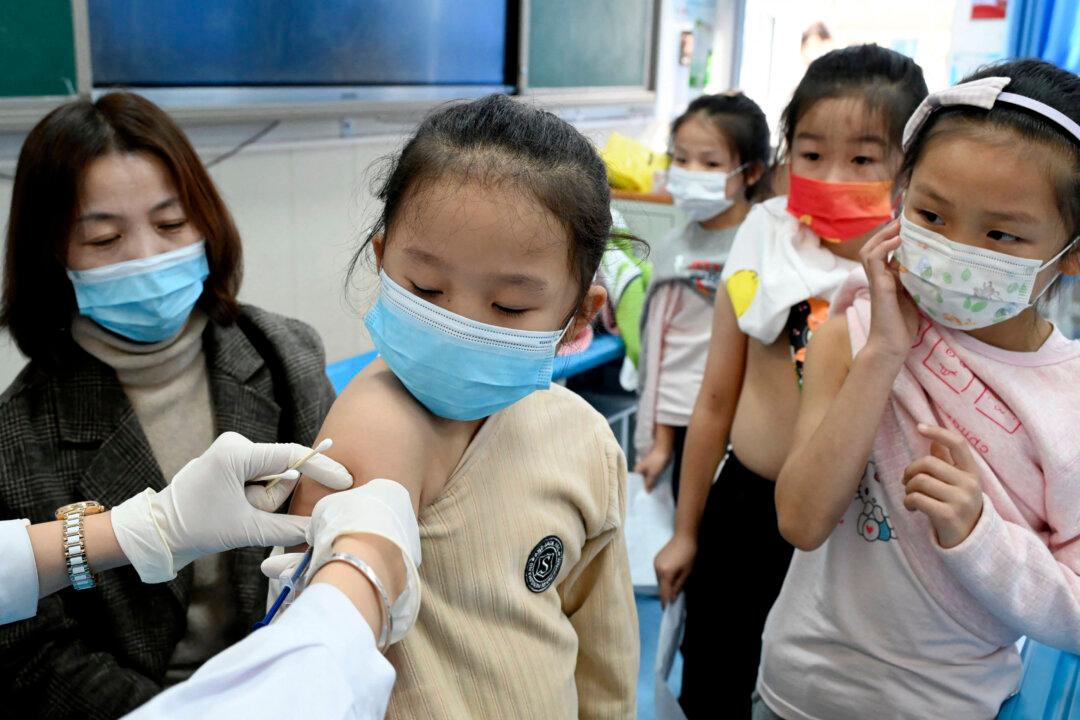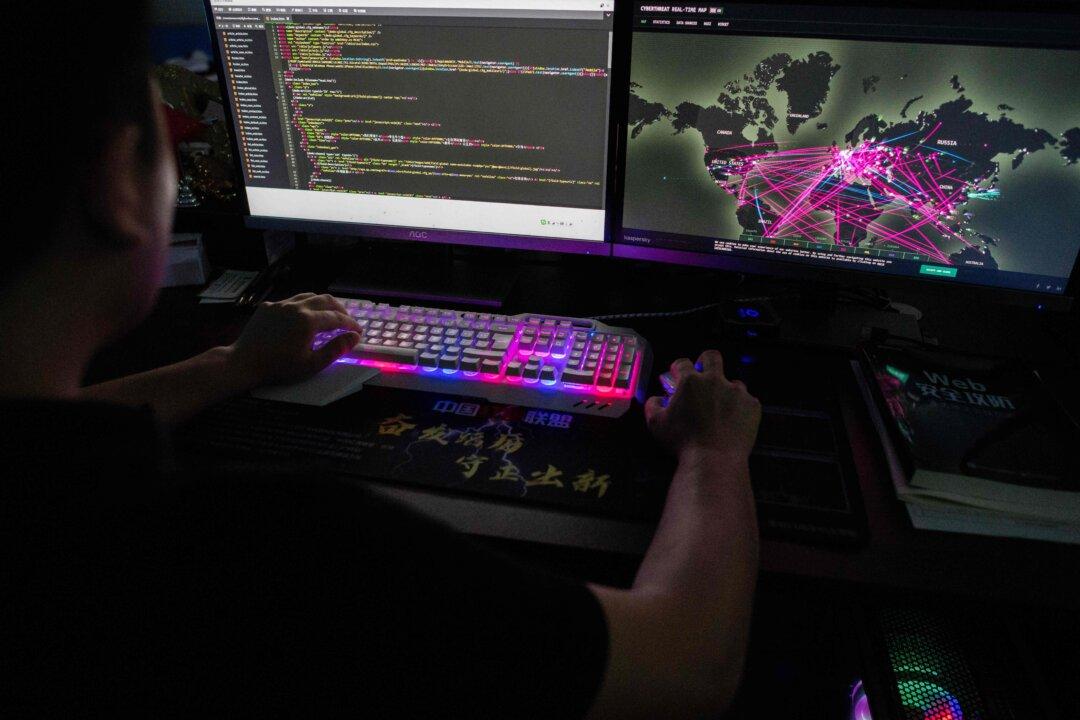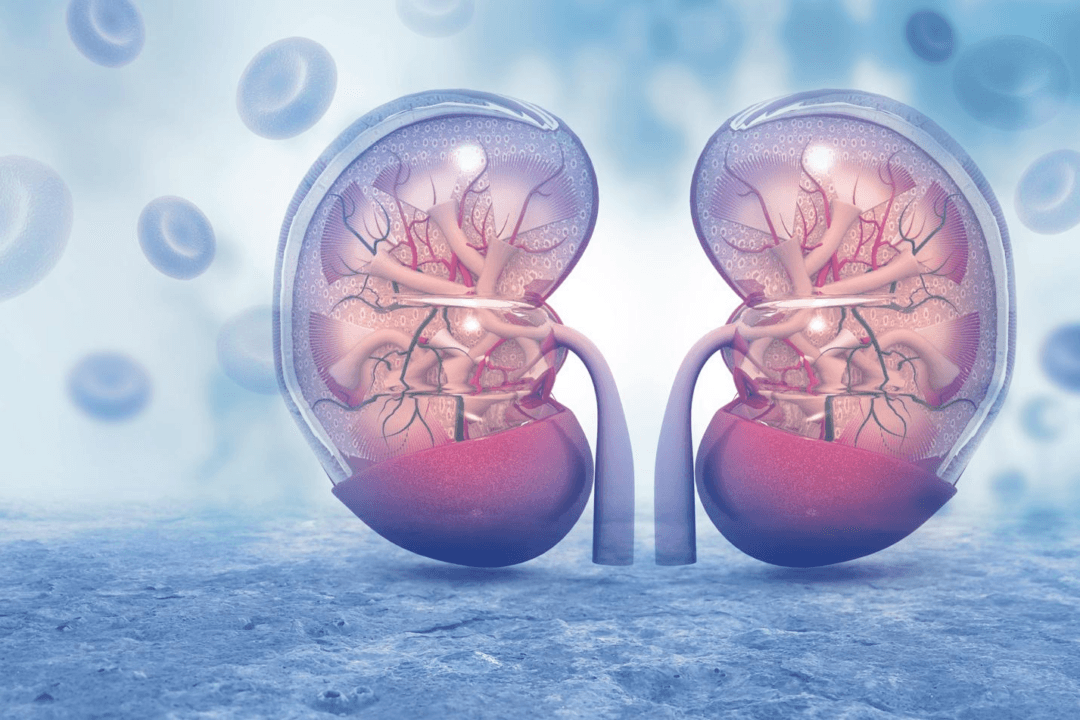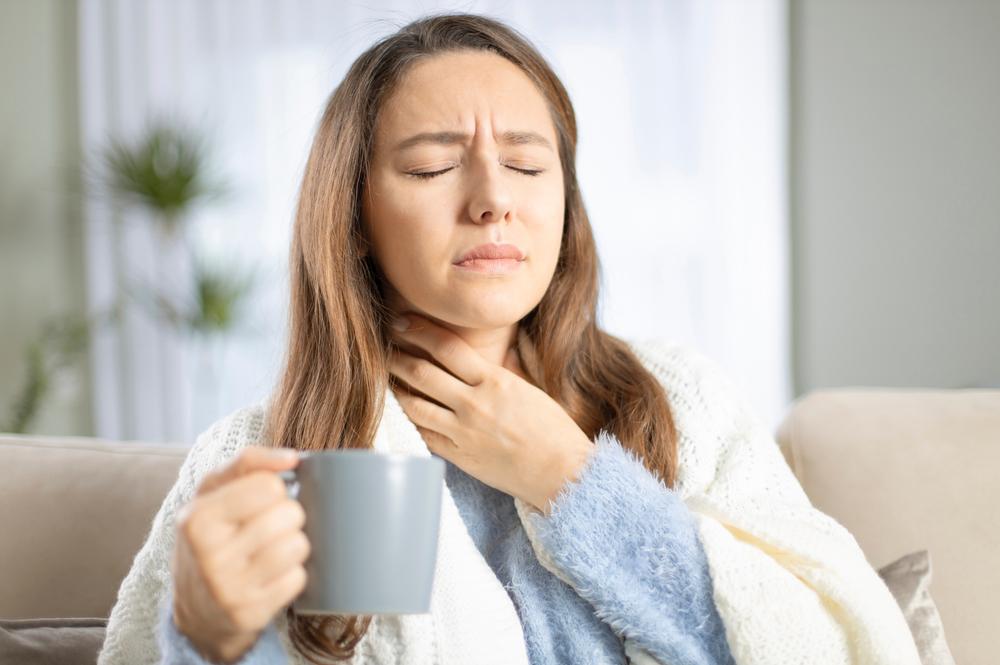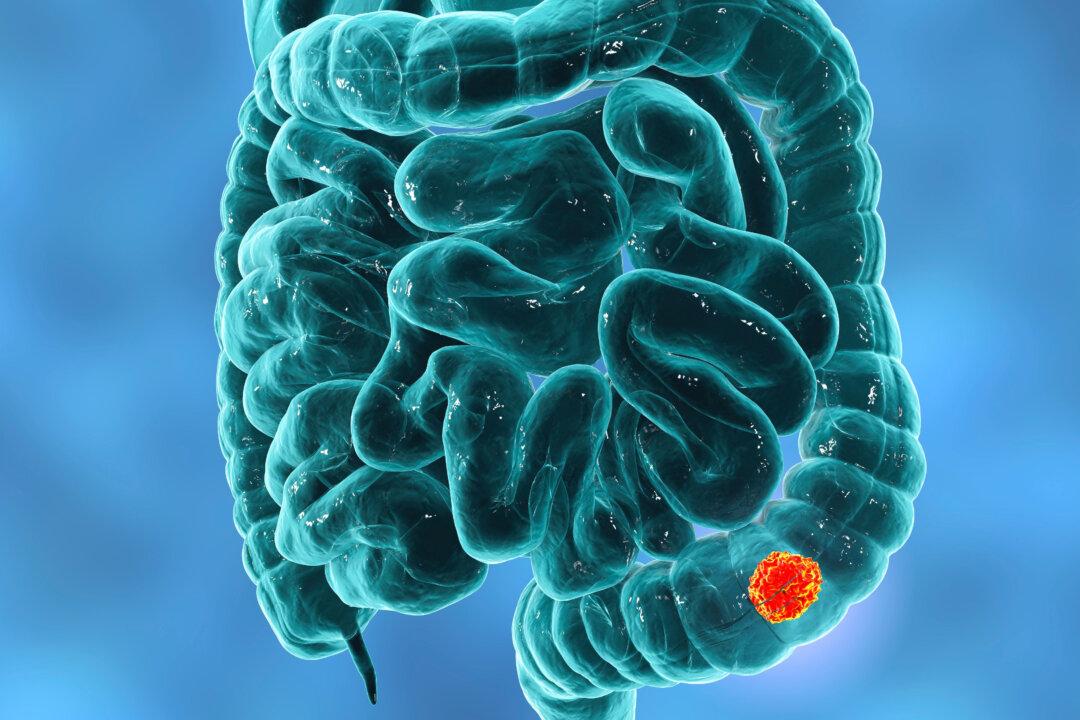The BioNTech and Sinovac vaccines are significantly less effective against Omicron subvariants BA.4 and BA.5 compared to the original virus strain, according to a new study.
The study, jointly conducted by the University of Hong Kong (HKU) and the Chinese University of Hong Kong, found that the levels of antibodies produced against BA.4 and BA.5 after receiving three doses of BioNTech or Sinovac vaccines were lower than those produced against the original virus strains by more than 10 times.
